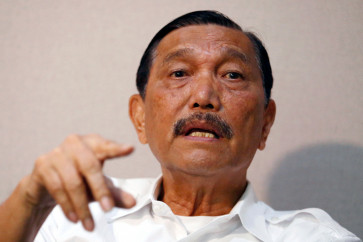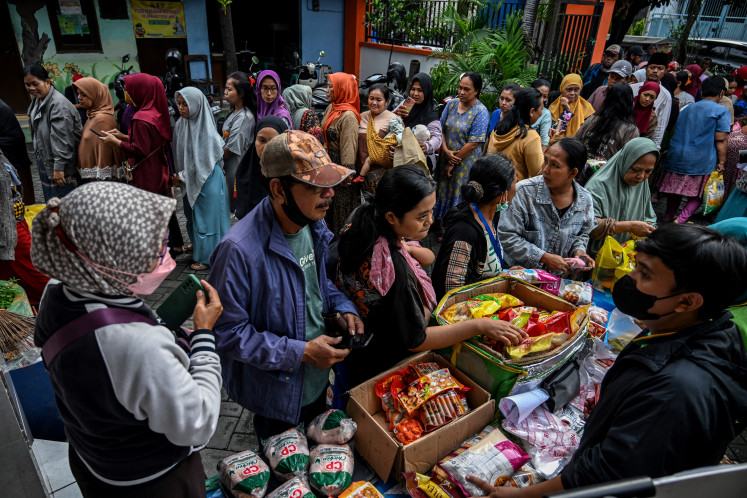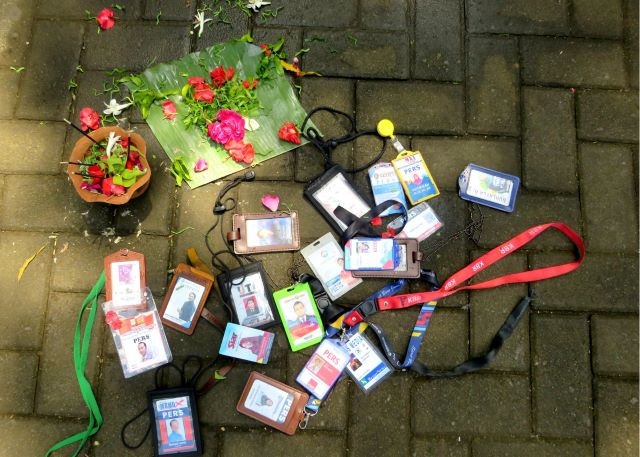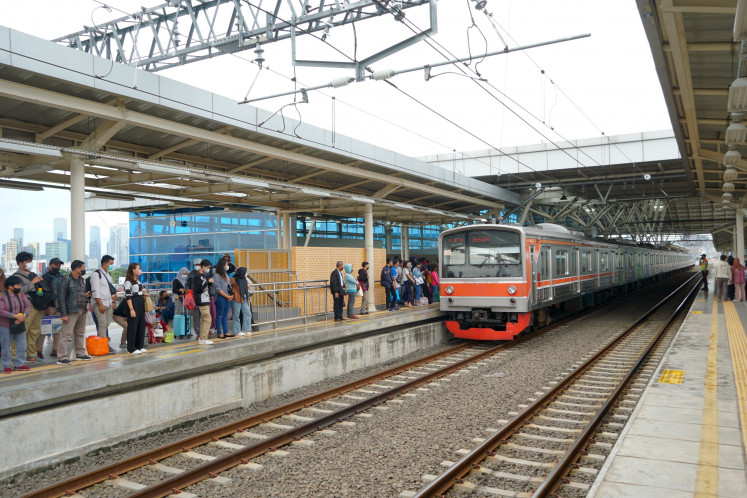Free and active foreign policy in a globalizing world
The “free and active” foreign policy term was coined by Indonesia’s first vice president Mohammad Hatta in 1948 as a response to the polarism of the Cold War
Change Size

T
he “free and active” foreign policy term was coined by Indonesia’s first vice president Mohammad Hatta in 1948 as a response to the polarism of the Cold War.
In 1953, he wrote an article in the Foreign Affairs Journal where he underlined that “free” meant Indonesia should act independently in international affairs and “active” stipulated the need for Indonesia to partake in the creation of world peace.
The global environment then was problematic in a sense that a small and weak country, like Indonesia, either had to ally with the east or west bloc. Indonesia’s foreign policy is unique in the sense that it has always been influenced by historical factors. The Asian-African Conference in Bandung in 1955 was one significant example.
The world has changed. The end of the Cold War led leaders to adapt to the new world order championing, inter alia, democracy and global free trade.
In a globalizing world, state’s borders are arguably eroded by the interlinking of issues and interests that often required unconventional interstate relations in cooperation.
Indonesia’s foreign policy principle however has not changed theoretically although the implementation has always been in pragmatism. As a global citizen, I am asking myself what should be done by Indonesia to uphold its international status profoundly.
Many scholars and experts agreed that Indonesia, given its size and potential, should significantly offer more of its role to the international community.
That bears the consequences that isolating ourselves from the global economic integration is not an option and allowing a space for any efforts that could lead to democratic setback at home is not in our best interest.
In this sense, theoretically the principle of “free and active” sounds a troublesome doctrine knowing that strategic partnership — a loose term currently used often to replace “alliance” — with countries or a single country becoming an inevitable manifestation in Indonesia’s interstate relations. For instance, in East Asia alone Indonesia signed partnerships with China, Japan and South Korea — all emerging markets.
In practice however the “free and active” doctrine inevitably safeguards Indonesia from being heavily dragged into the courtyard of a certain actor in international affairs. The principle is consequently seen as an ideological buffer for the country to remain as a strategic player.
More importantly, in ASEAN, Indonesia is praised for its pursuance of independent action in global affairs and appears to be the only country in the region that considers a doctrine as a pillar for its foreign policy.
It holds strongly in the minds of Indonesia’s political actors that Dewi Fortuna Anwar (2003), in a paper presented at the Forum on Regional Strategic and Political Developments in Singapore, stated that “the doctrine has become part of Indonesia’s national identity”.
Of course, to rigidly uphold the doctrine in a globalizing world will only complicate Indonesia’s stance. Quoting Dino Patti Djalal, Indonesians should now be creative.
Creative in interpreting and implementing the “free and active” doctrine because there are many attractive fields for Indonesia to be involved. Creative would also mean that a multitasking diplomat is needed.
At least this is what the President expects diplomats to be — intelligent analyst, opportunity seeker, image builder and an eloquent lobbyist. For one to say, “I have no expertise in trade, or I did not come for an international relations background” is an obsolete expression today.
Yes, it is impossible for one to master all, nevertheless it has always been possible for one to understand the context of, and the concept we advocate in, Indonesia’s foreign relations. Creative could also mean to effectively utilize the power of public opinion to support our foreign policy projection.
Aside from the allegation that sometimes the public are ill-informed, the fact that it can generate stronger voice abroad cannot be undermined. Sukarno’s policy on Malaysia in 1960s was valid evidence.
The doctrine remains a valid principle to behold, nonetheless, it should be combined with a creative way of implementing.
The utilization of public opinion and the thinking out of the box method should be applied not only to conduct our diplomacy, but also to ensure the relevance of the doctrine in today’s globalized world.
The writer is a PhD student at the International Relations Department at the LSE, London, and a founder of the Youth Initiative for Democracy and Development (YIDD). This is his personal opinion.









